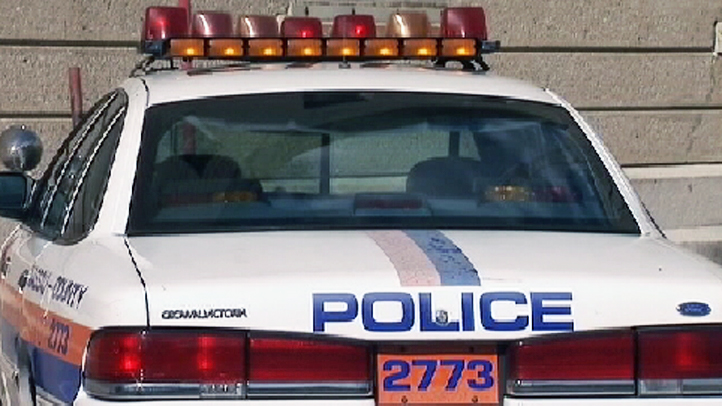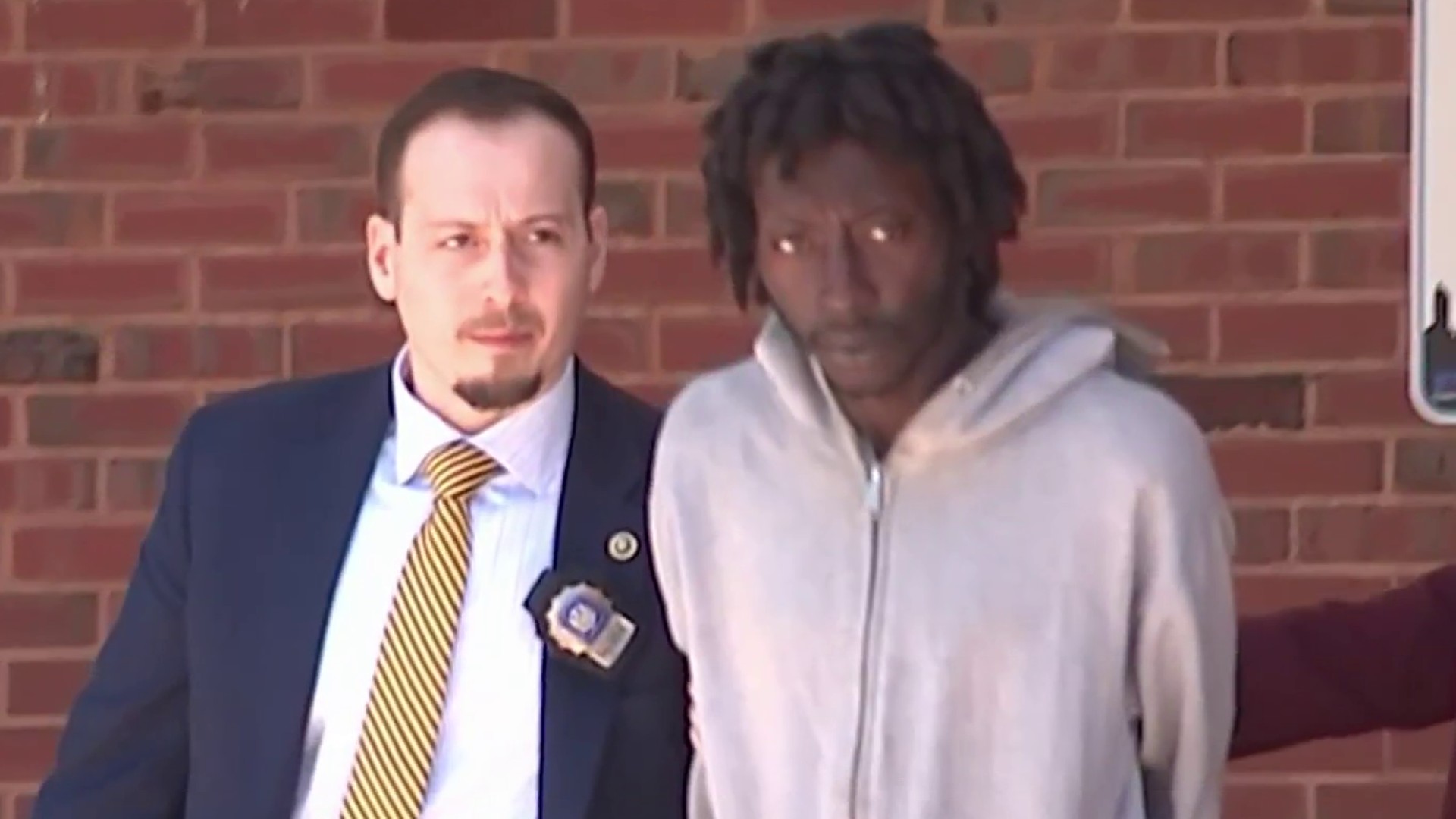An experimental anti-poverty program that pays poor New Yorkers for good behavior like getting health insurance and attending parent-teacher conferences has had mixed results.
Mayor Michael Bloomberg's pilot program began in 2007 and the first analysis was released Tuesday.
“To tackle an entrenched social problem like poverty, you have to try new approaches. And that is exactly what we did,” said Mayor Bloomberg.
“When we launched this pilot program, we knew conditional cash transfer programs were effective in other countries, and now we know certain aspects of the program can work here in New York," the mayor added. "As a result of our work, we now have a better understanding of what government can do to improve people’s lives and stop the cycle of poverty in our communities.”
In two years, 2,400 participating families were paid a total of $14 million. Payments averaged about $3,000 a year per family. The money came from private donations.
The city said participants improved on several targets. More people established bank accounts and stopped using costly check cashing services. Also, more people saw the dentist.
But the rewards had no effect on school performance and attendance for young children or low-performing high schoolers.
Local
The idea was modeled on efforts in other countries -- Bloomberg even visited Mexico City in 2007 to study their version of the program.



